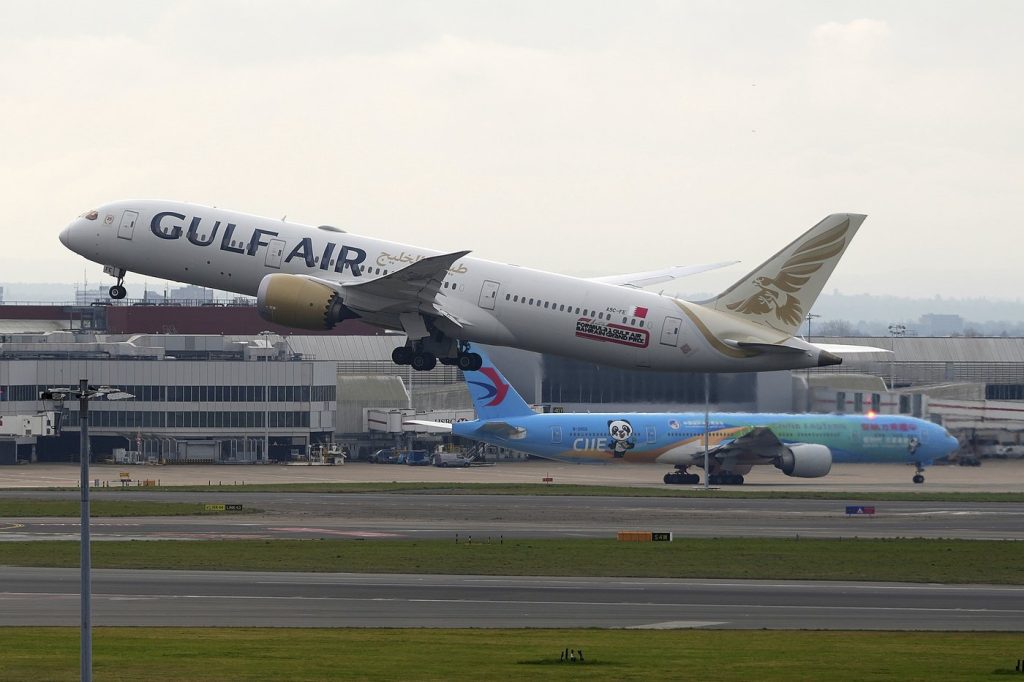LONDON (AP) – In July, U.K. inflation rose more than expected, driven by higher food and airfare prices, which has dampened market speculation that the Bank of England would implement further interest rate cuts this year. According to the Office for National Statistics, consumer price inflation increased to 3.8% in the year leading to July, up from 3.6% in June. A significant contributor to this rise was a staggering 30.2% hike in airfares recorded from June to July, marking the most dramatic increase since the inception of monthly data collection in 2001.
Most economists had predicted a more moderate inflation rate increase, forecasting it to reach only 3.7%. Now, with inflation recorded at its highest since January 2024 and nearly twice the Bank of England's target of 2%, the prospects for another interest rate cut in 2025 appear to be fading.
Suren Thiru, the economics director at the chartered accountants institute ICAEW, commented, “July’s outturn probably extinguishes hope of a September interest rate cut, while strengthening underlying inflationary pressures calls into question whether policymakers will be able to relax policy again this year.” This sentiment underscores the growing challenges facing the Bank of England in managing the economy amidst rising inflation.
Earlier this month, the Bank of England cut its main interest rate by a quarter of a percentage point to 4%, marking its fifth reduction in just one year. This series of cuts was initiated as policymakers sought to lower borrowing costs from a peak of 5.25%, the highest rate in 16 years. Consequently, the current key rate is the lowest it has been since March 2023, impacting mortgages as well as consumer and business loans.
This latest inflation spike poses additional challenges for the Labour government, which was initially elected last July amidst concerns over the cost-of-living crisis, a situation peaking with inflation rates exceeding 11% at one point. Treasury chief Rachel Reeves acknowledged the ongoing struggles, stating there was “more to do to ease” the cost-of-living burden on citizens.
Overall, the escalating inflation rates present a complex scenario for the U.K. economy, which is grappling with the dual pressures of rising consumer prices and the implications of monetary policy adjustments. The Bank of England faces significant scrutiny as it navigates these economic challenges, determining the best course of action regarding interest rates in an uncertain inflationary environment.











